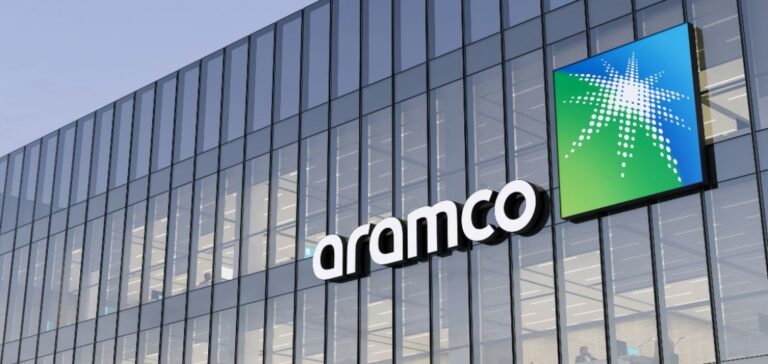Saudi Aramco, the leading oil producer in the Middle East, is exploring partnerships in upcoming refinery projects in India, reviving its interest in the Indian market after two failed attempts. This renewed interest comes as Bharat Petroleum Corporation Limited (BPCL) and Oil and Natural Gas Corporation (ONGC), two Indian state-owned enterprises, prepare to build new refining units in the states of Andhra Pradesh and Gujarat.
Strategic refineries to secure export outlets
The refineries planned by BPCL and ONGC could enable Aramco to secure a stable outlet for its crude oil exports to India, which was its third-largest market in 2024 after Russia and Iraq. According to S&P Global Commodities at Sea, Saudi Arabia exported 625,000 barrels per day of crude to India in that year.
Although no specific investments have been confirmed, Saudi Aramco has reiterated that India remains a strategic priority. A stake in Indian refineries would not only help secure crude supply channels but also allow the company to benefit from refining and retail operations within the Indian domestic market.
Previous setbacks and renewed prospects
Aramco’s earlier ambitions, including its involvement in the proposed mega-refinery project in Ratnagiri and a planned 20% stake acquisition in Reliance Industries’ Oil-to-Chemicals division, did not materialise. The Ratnagiri project, initially developed with Indian Oil Corporation (IOC), Hindustan Petroleum Corporation Limited (HPCL), and BPCL, faced repeated delays. The $15bn agreement with Reliance was mutually shelved for re-evaluation.
The new ventures from BPCL and ONGC provide a fresh opportunity. However, industry experts note that Aramco is proceeding cautiously and will not finalise any agreement without clear assurances, particularly concerning crude supply volumes.
Expanding capacity and petrochemical integration
India plans to raise its refining capacity from 258.1mn tonnes per annum to 309.5mn tonnes by 2028. S&P Global Commodity Insights forecasts the country will need an additional 400,000 barrels per day of refining capacity by the early 2030s to match rising demand. In addition to greenfield developments, IOC and BPCL are expanding existing facilities in Panipat, Paradip, Bina, and Gujarat, with increasing emphasis on petrochemical integration.
HPCL Mittal Energy has also enhanced its capacity with petrochemical intensity reaching 20%, while a new 9mn tonne per annum complex is under development in Rajasthan. According to sector officials, Aramco may favour these new units, which offer incremental market access without the obligation of operating refinery assets directly.






















